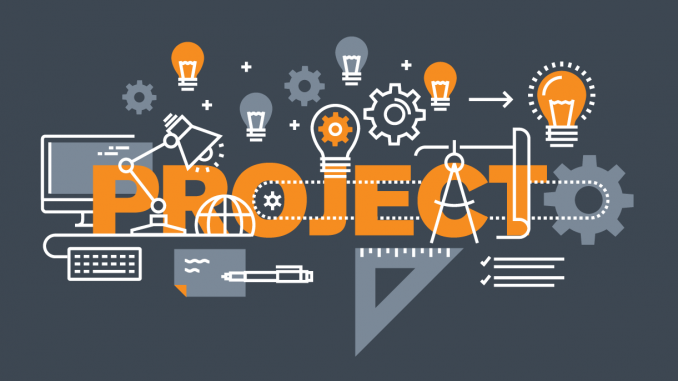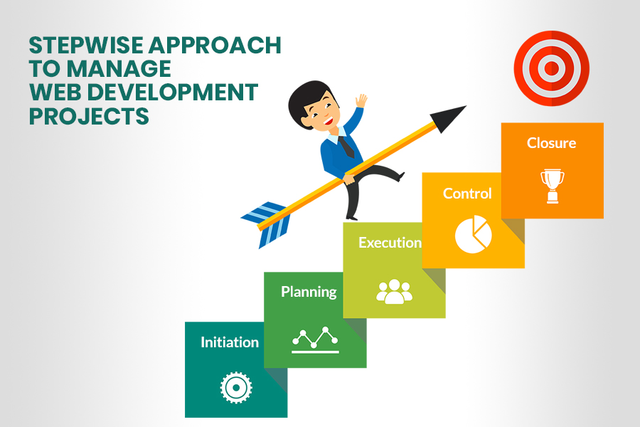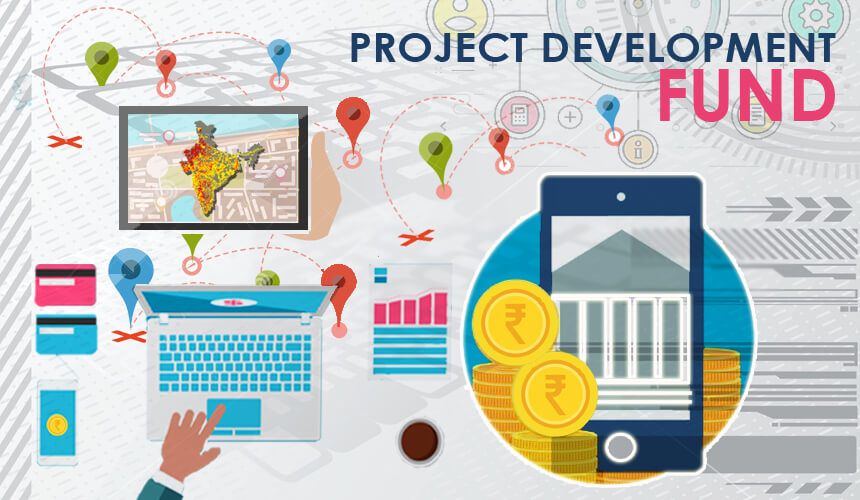Global Forum For Indurstrial Devlopment is SPONSORED BY ICO INDIA
- MP Society Registration (Act. 1973 No. 44) 03/27/01/21857/19 (MSME Forum Established Since-2009)

GFID Development Forum commits to support our members in process and the facility of planning, organizing, coordinating, and controlling the resources to accomplish organizational goals
Project management is not a new management fad; it is a professional
practice that has reached wide acceptance in many industries from
government to technology. Organizations that have adopted project
management as a key competency have benefited from improved
project outcomes to significant competitive advantage. Unfortunately,
there is very little material on project management written exclusively
for the development and humanitarian assistance sector. Most of the
information available to development organizations focuses on the
funding and monitoring and evaluation process; but there is little
information about all the management competencies, methodologies,
and practices required to manage a project from beginning to end.
Development organizations are facing increasing demands to do more
with less, from becoming catalysts of change in the communities they
serve to deliver the project on time, under budget and in the quality
not only expected but also demanded by donors and beneficiaries. To
face these challenges development and humanitarian assistance
organizations are in urgent need of the tools, practices methodologies
that a well established project management methodology can provide,
one that has been quite successful in other industries. Donors are
requiring better controls and more professional managerial
competences in the staff responsible for managing projects, it will not
be a surprise that in the near future this competence is not only
required but also demanded.
 develop a deeper understanding of the subject matter from a new
perspective.
In 2005 PM4DEV started expressly to help development organizations
increase their skills and knowledge of the modern practices of project
management. This document and others produced by PM4DEV are an
effort to provide management expertise to development and
humanitarian assistance and relief projects, donors and any other
organization that funds, supports or implements projects, to help them
achieve their goals to reduce poverty and increase the well being of
the most needed people on our planet.
It is our objective is to provide project managers with a guide to help
them plan, implement, and monitor projects. We also aim to provide
development organizations, that manage projects in many parts of the
world, with a methodology to plan, implement, and monitor projects in
a more consistent, reliable and predictable manner. Additionally, we
want to introduce a methodology that can help development
organizations meet their strategic goals by standardizing processes,
reduce risk, and avoid duplication of efforts, which will ultimately
increase the impact of their interventions.
develop a deeper understanding of the subject matter from a new
perspective.
In 2005 PM4DEV started expressly to help development organizations
increase their skills and knowledge of the modern practices of project
management. This document and others produced by PM4DEV are an
effort to provide management expertise to development and
humanitarian assistance and relief projects, donors and any other
organization that funds, supports or implements projects, to help them
achieve their goals to reduce poverty and increase the well being of
the most needed people on our planet.
It is our objective is to provide project managers with a guide to help
them plan, implement, and monitor projects. We also aim to provide
development organizations, that manage projects in many parts of the
world, with a methodology to plan, implement, and monitor projects in
a more consistent, reliable and predictable manner. Additionally, we
want to introduce a methodology that can help development
organizations meet their strategic goals by standardizing processes,
reduce risk, and avoid duplication of efforts, which will ultimately
increase the impact of their interventions.
The objectives of PM4DEV are:
Development projects face many challenges that make the work more difficult; from extreme working conditions to volatile environments, where human or natural events can put the project at risk of not meeting its goals. Development projects face constant demands to do more with less, project managers are responsible to deliver outcomes in conditions where security risks are high and goods and services are limited. While at the same time development workers assigned to manage projects are often not sufficiently equipped with the necessary project management skills and are more interested in the immediate tangible outputs of the project rather than in the less tangible processes required to ensure that the project is managed effectively.
There are many definitions for what constitutes a project, some of
these definitions describe the nature of a project, and how it differs
from other type of work. The most common descriptions used to define
a project include the following:
o A project is a temporary process, which has a clearly defined start
and end time, a set of tasks, and a budget, that is developed to
accomplish a well-defined goal or an objective
o A project is a temporary effort of sequential activities designed to
accomplish a unique purpose
o A project is a group of interrelated activities, constrained by time,
cost, and scope, designed to deliver a unique purpose
o A project is a temporary endeavor undertaken to create a unique
product or service. Temporary means that the project has an end
date. Unique means that the project's result is different from the
results of other functions of the organization

Every project has to manage four basic constraints; scope, schedule,
budget and quality. The success of a project depends on the skills and
knowledge of a project manager to take into consideration these
constraints and develop the plans and processes to keep them in
balance.

Scope is what the project is trying to achieve, it entails all the work
involved in delivering the project outcomes and the processes used
to produce them; it is the reason and the purpose of the project.
Scope is the boundary of a project, it is what the beneficiaries, and
the donors expect from the project, nothing more, and nothing less.
o Budget or the costs approved for the project including all required
expenses needed in order to deliver the project. In development
projects managers have to balance between not running out of
money and not under spending, because many projects receive
funds or grants that have contract clauses with a ‘use it or lose it’
approach to project funds. Poorly executed budget plans can result
in a last minute rush to spend the allocated funds.
o Schedule is defined as the time required to complete the project.
The project schedule is often the most frequent project oversight in